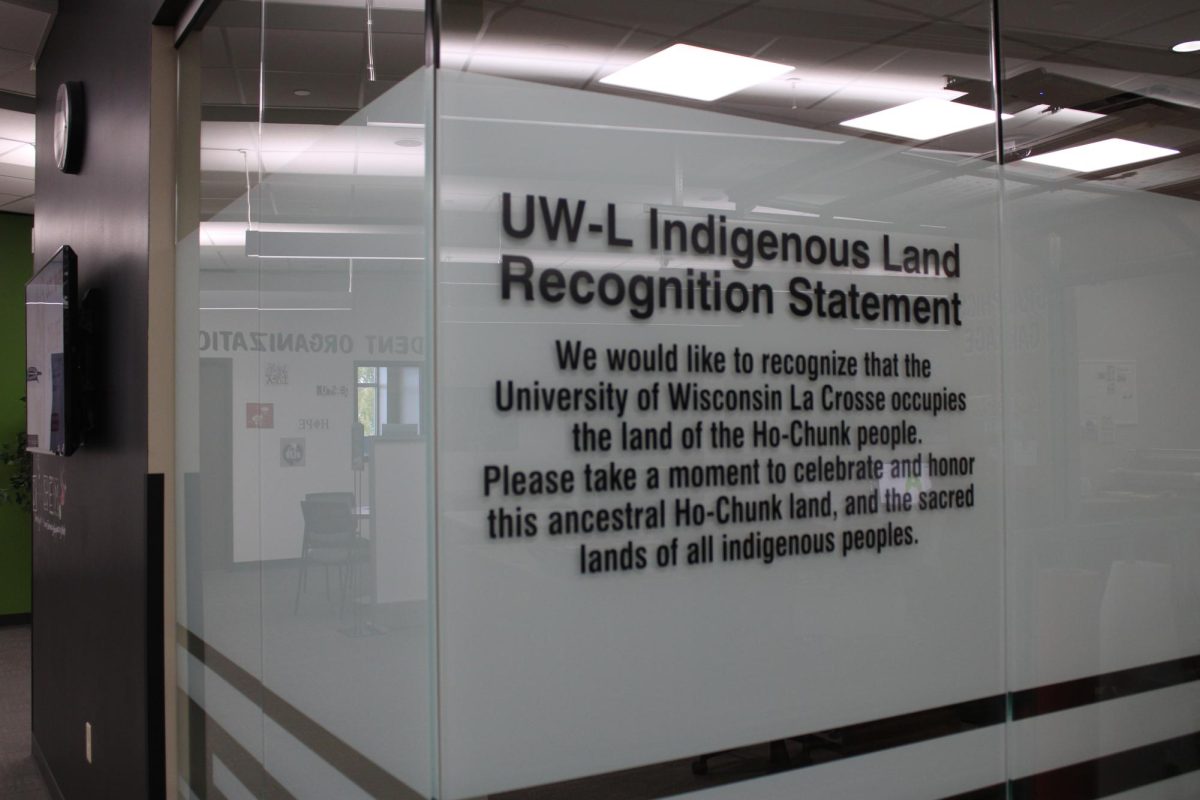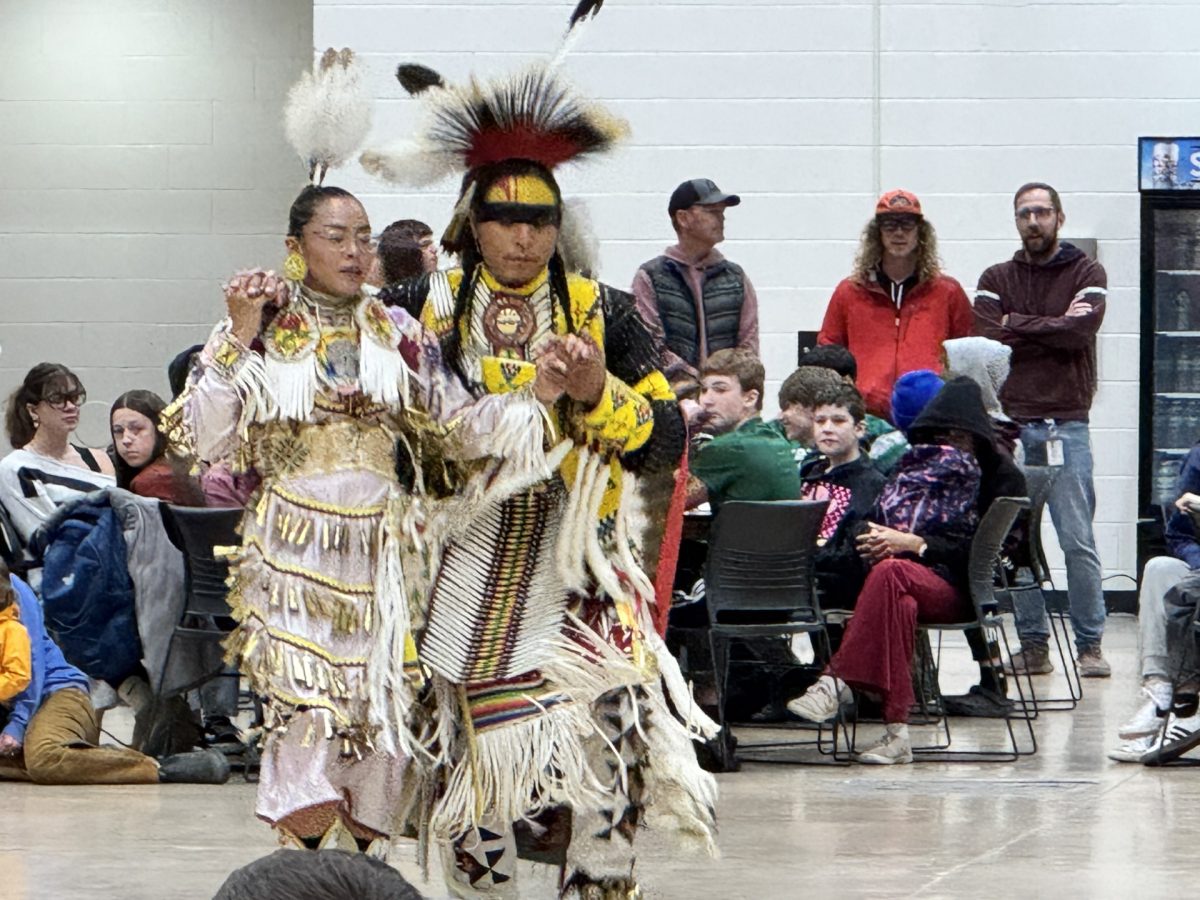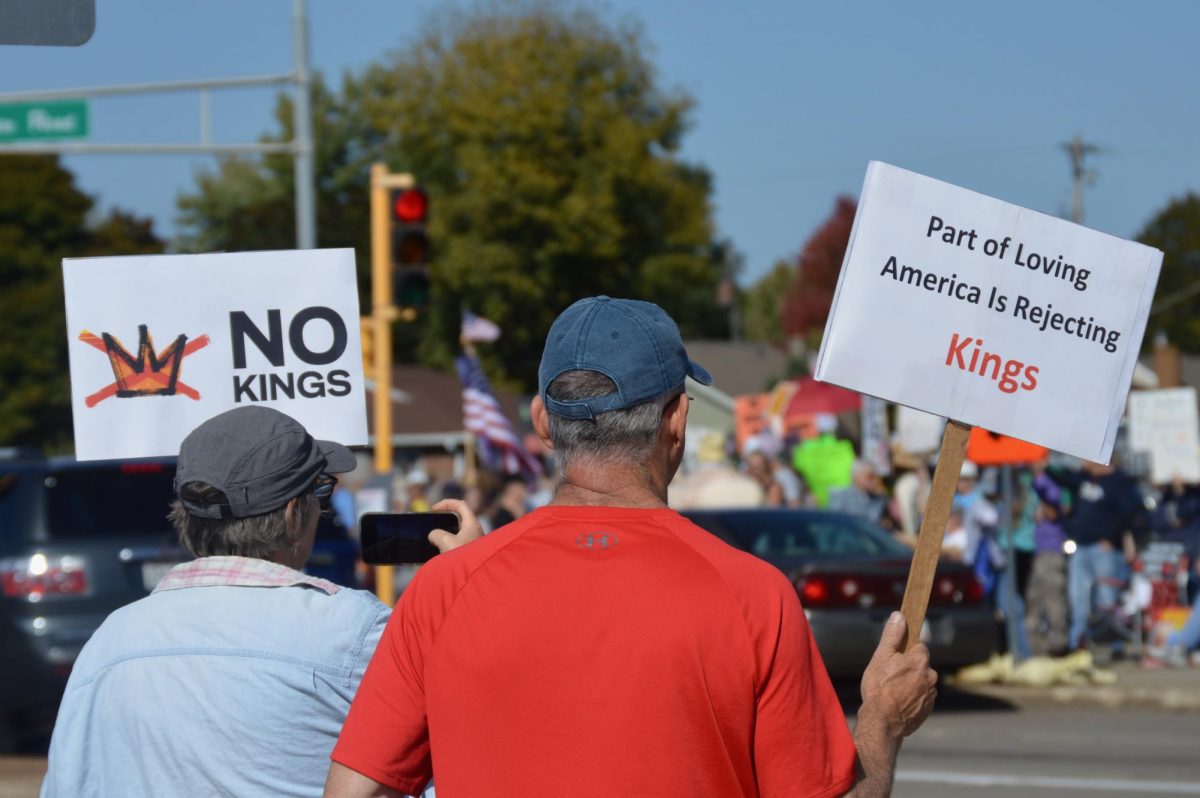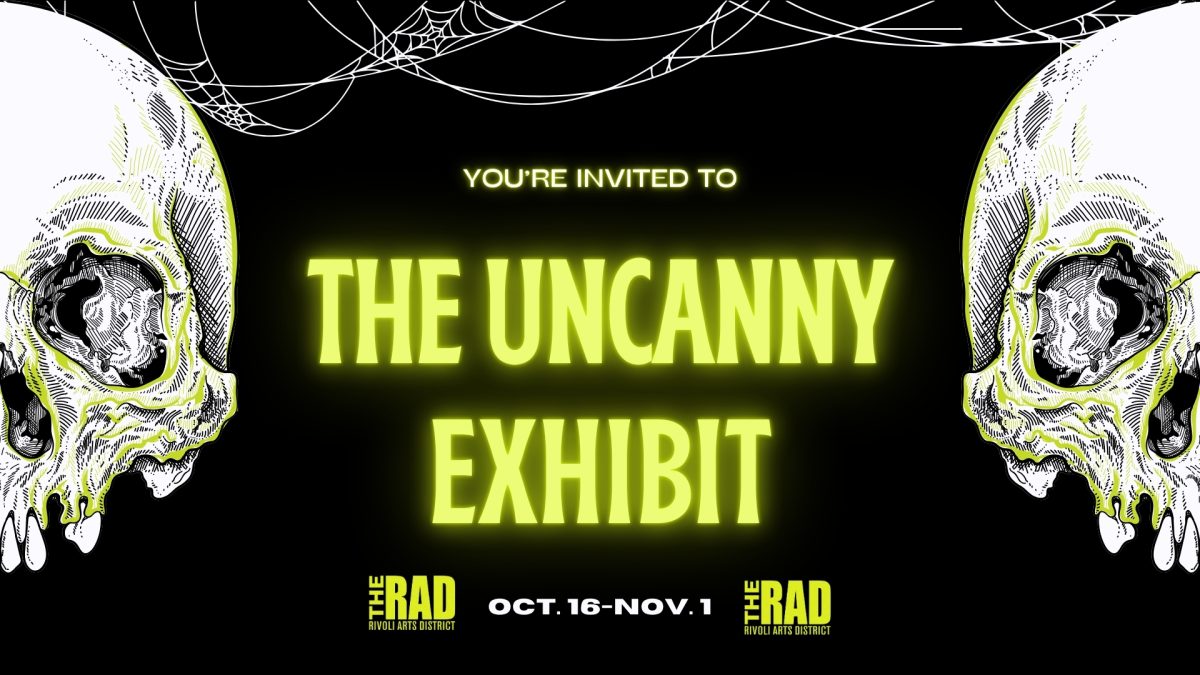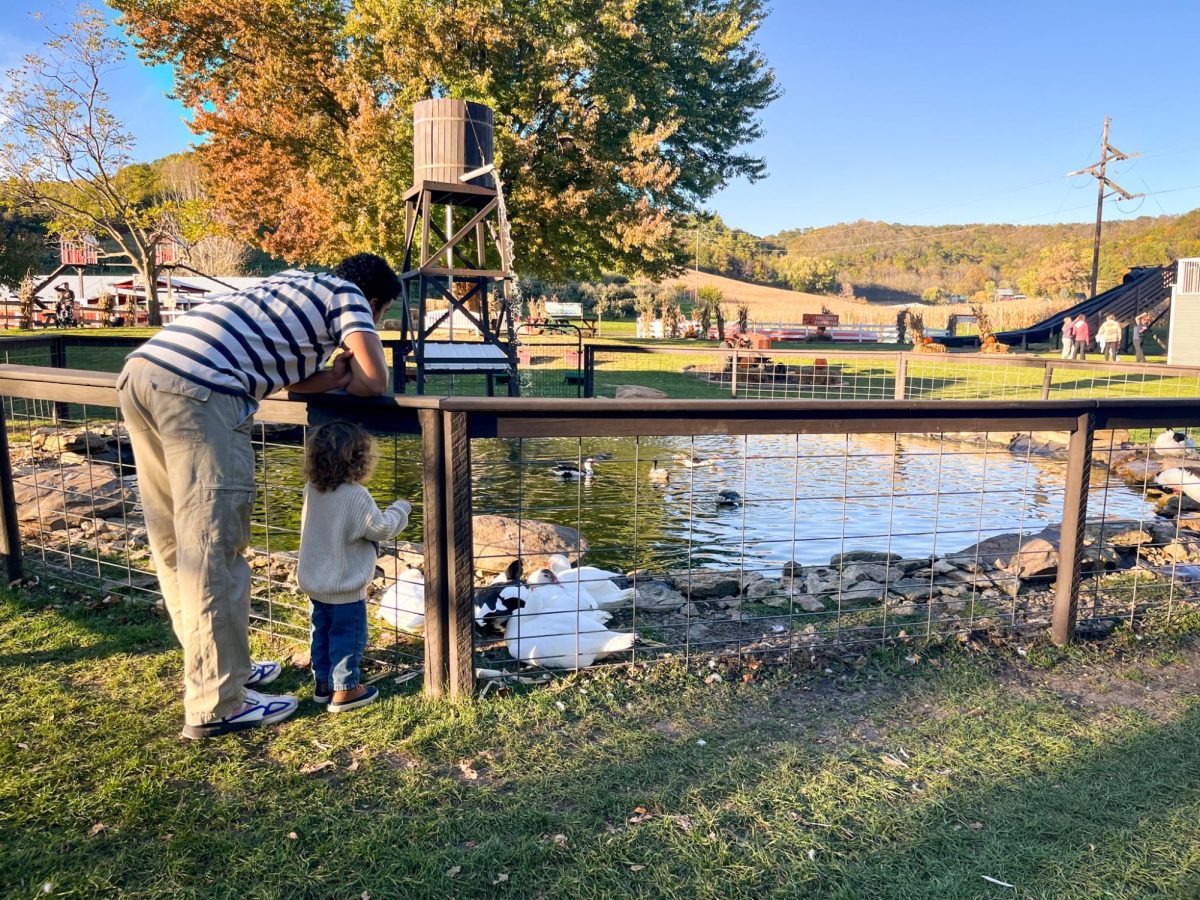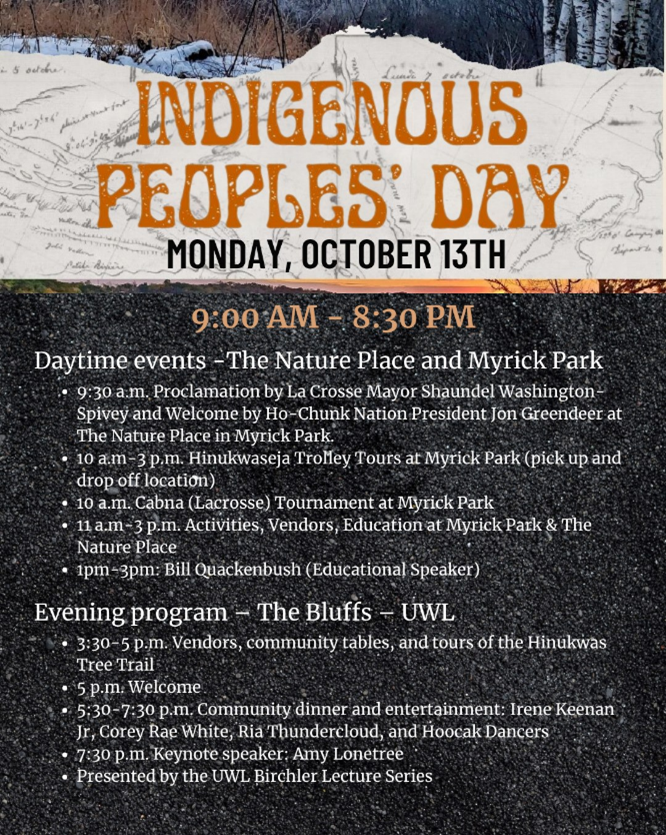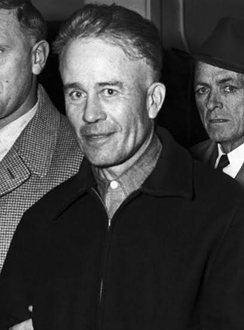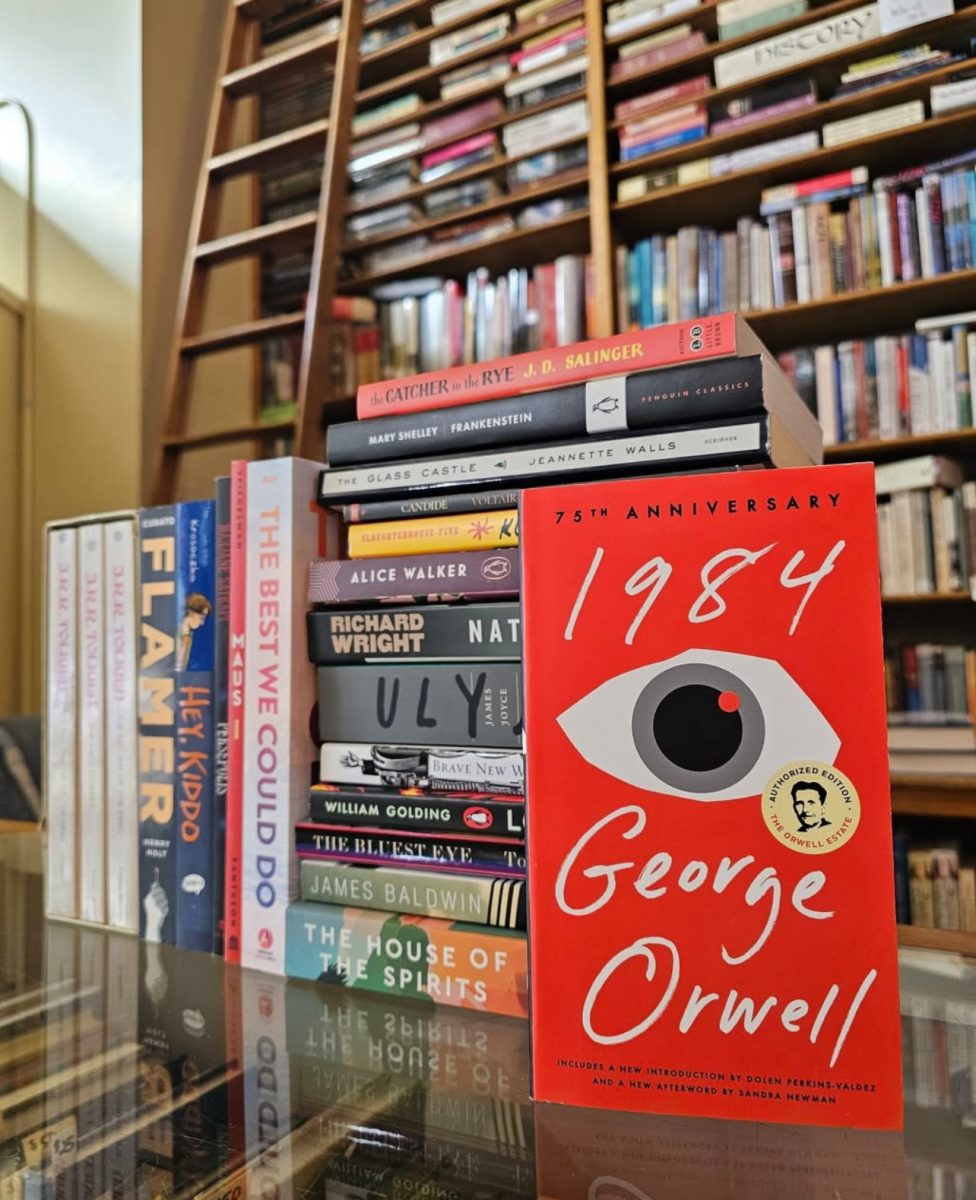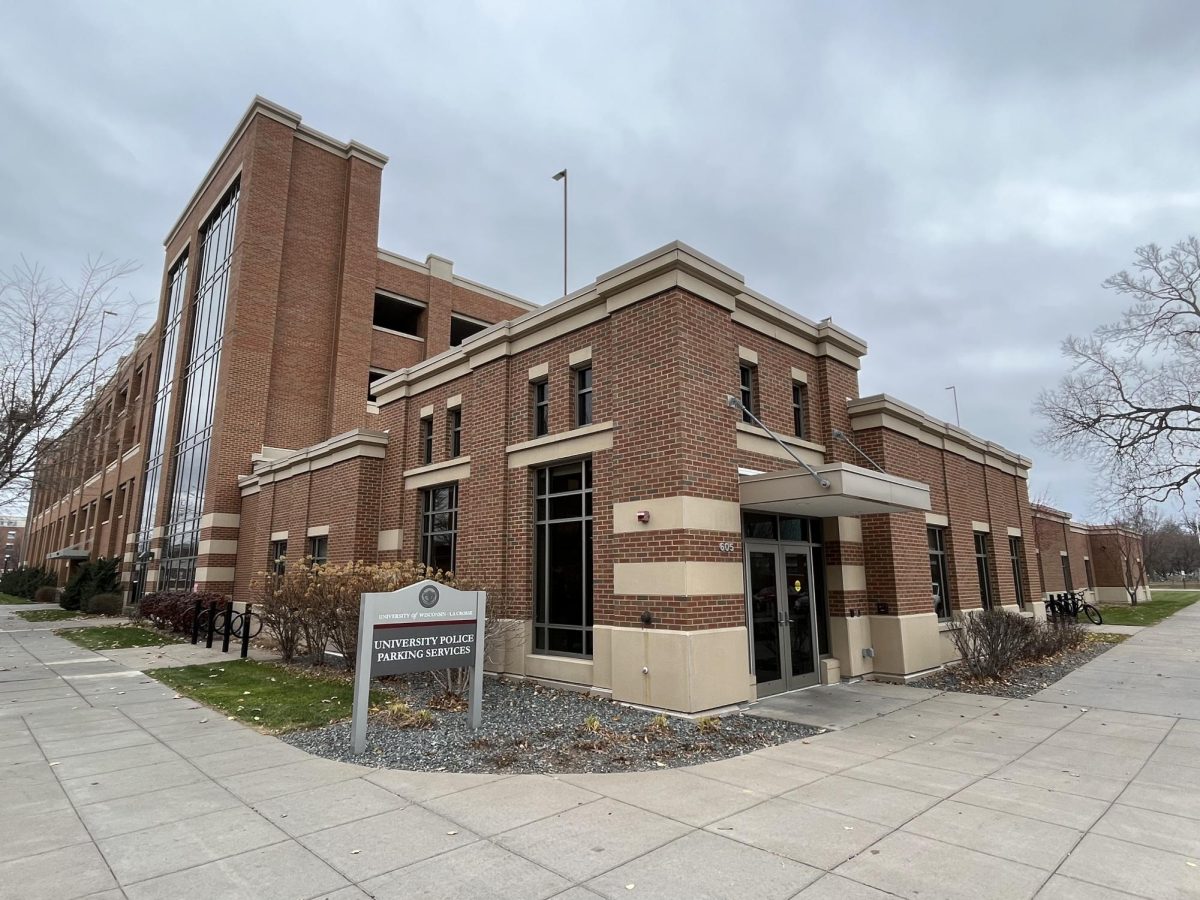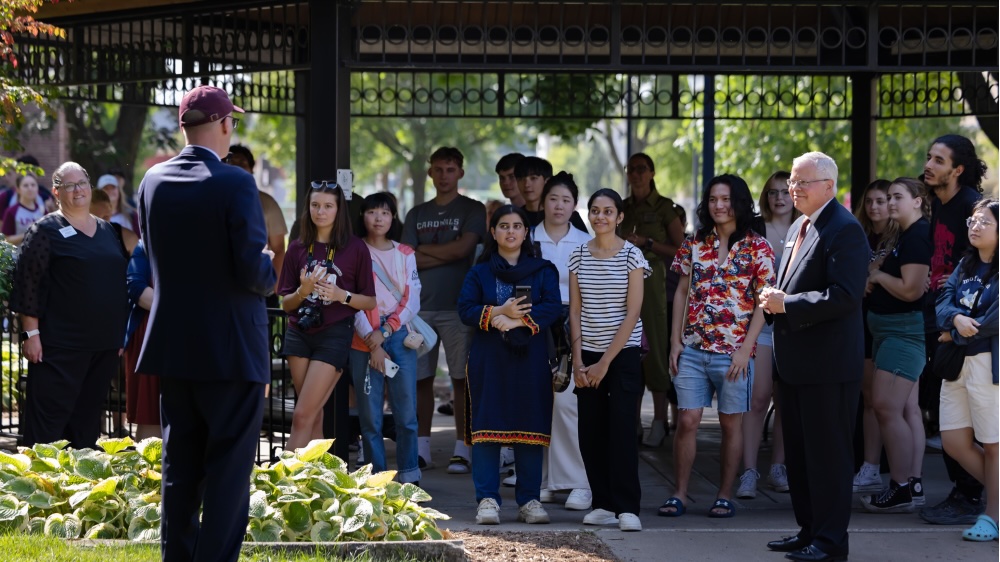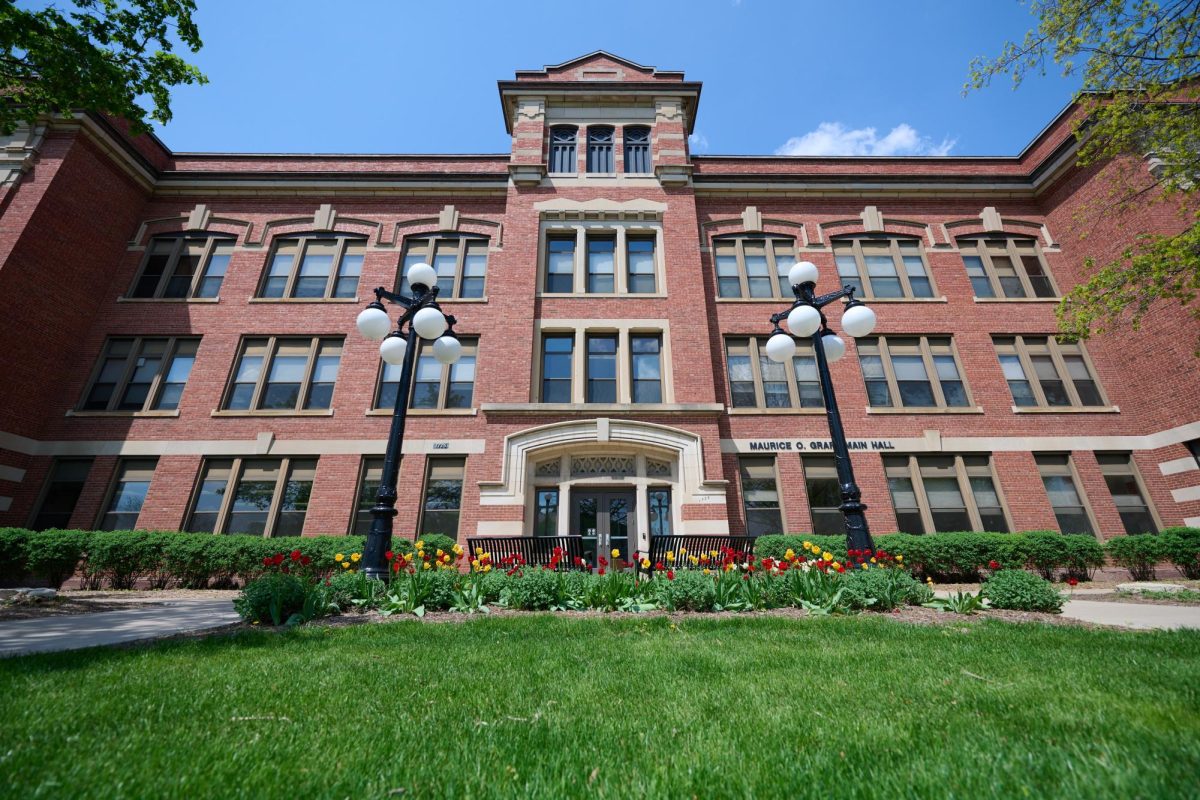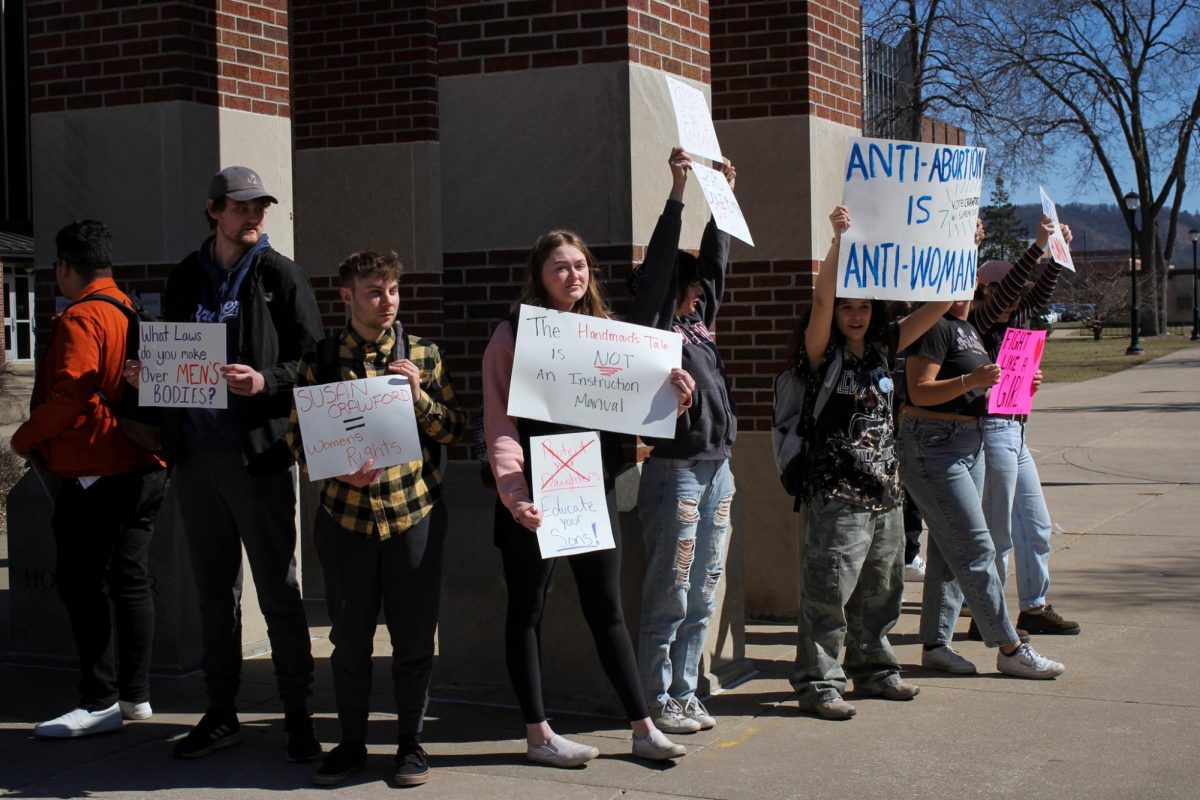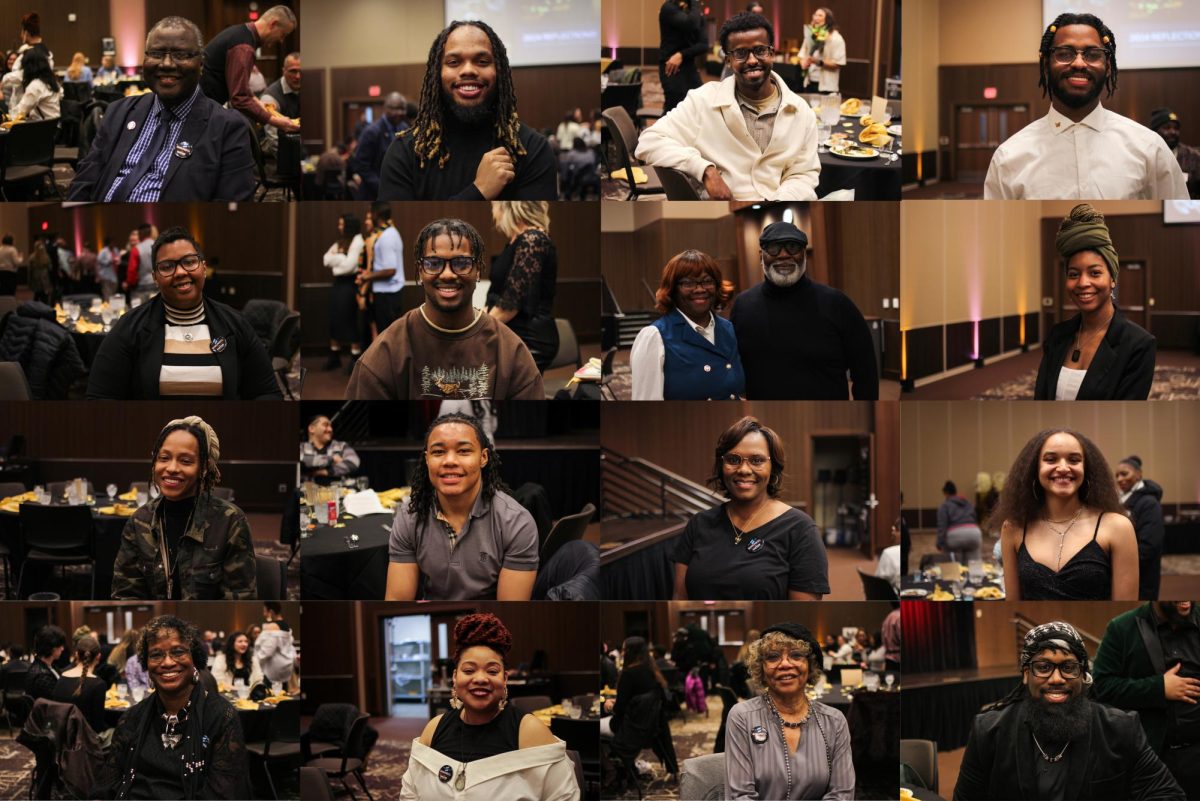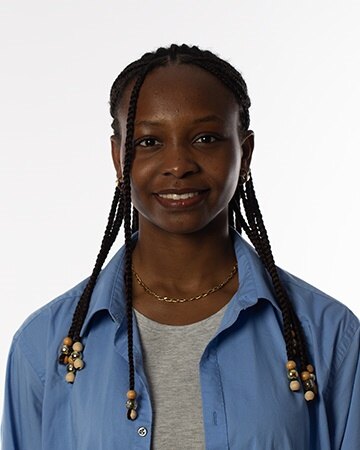On Monday, Oct. 14, the La Crosse community celebrated Indigenous Peoples’ Day with a variety of events featuring dance performances, book readings, documentary viewings, a talk from the President of the Ho-Chunk Nation and more.
Indigenous Peoples’ Day is not a federal holiday and as a result not recognized by most states in the U.S.A. The holiday received formal commemoration by President Joe Biden in 2021 leading to an increase in the number of states recognizing it.
In order to increase awareness, The University of Wisconsin-La Crosse’s Center for Transformative Justice has been sending out a series of emails on celebrations that aren’t as widely known, including Indigenous Peoples’ Day.
The Racquet Press sat down with the Director for the Center for Transformative Justice, Ashley Nowak, and the Assistant Director for College Pathways, Laura Lauderdale, to discuss past triumphs and future goals for the Indigenous Community in La Crosse and at UWL.
“We occupy Ho-Chunk Land…that is a fact, and so that’s where the work starts from. As a result, we have a responsibility to navigate that, honor that and not ignore that,” said Lauderdale.
In 2016, the Native American Student Association (NASA) and the Joint Multicultural Affairs Committee worked together to create a statement to be read at the beginning of university-sponsored events. It’s now known as the Land Recognition Statement. The statement was passed by the Student Association, the Academic Staff Council, the Faculty Senate and the University Staff Council in 2017.
“So often it’s focused on the land perspective…. even looking at this being called the land recognition statement but it’s also water, it’s also their physical contributions it’s also so many other things that our first nations have done for our community in this area,” said Nowak.
In a 2019 open forum held by Chancellor at the time, Joe Gow, Gow was criticized for/accused of not responding to a meeting invite by the President of the Ho-Chunk Nation.
Nowak said regarding this, “[Chancellor Beeby] has already met with the Ho-Chunk President… Jon Greendeer.”
Lauderdale mentioned that Beeby is also very interested in future plans regarding building an Indigenous garden.
“The plants that they’re focusing on are ones that people who are native to this area were either used for medicinal purposes or spiritual or ceremonial, they had some sort of tie to it,” said Nowak.
Lauderdale clarified that the Indigenous garden was different from the Native plants planted around Campus.
“Newer buildings that are built across the UW system campuses have to incorporate native plants as part of their landscaping – native to Wisconsin. The indigenous garden is specifically focused on plants that have importance and significance to indigenous cultures,” said Lauderdale.
Nowak also mentioned a smudging policy that was in the planning stage.
“[It] is essentially an exemption from tobacco usage. Some Indigenous or First Nations have these cultural practices that will cleanse the area, and they do that with a product that would typically be prohibited,” said Nowak.
“But in some UW schools, not UWL yet, you can get an exemption from that policy so that you can do your smudging ritual, so that’s something we’ve been thinking about,” continued Nowak.
Nowak touched on some work she had done with the school district of Onalaska that involved crafting a statement, creating curriculums and lessons that bring Wisconsin First Nations content into the classroom and more.
“Something I would love to see too, is working with our Center for Advancement for Teaching and Learning on campus, helping some of our professors learn ways that they can embed things into their curriculum,” said Nowak.
Lauderdale emphasized the importance of relationships in her office as they work with their Ho-Chunk youth for their pre-college programming.
“Sadie [Kuhl], who’s our pre-college coordinator, has spent months and months working down with the Ho-Chunk youth center to develop that as a site for our mentoring and tutoring program and she’s put in a lot of work to form those relationships,” said Lauderdale.
Nowak also opened up about her experience navigating relationships with the locals in the La Crosse area and how her first reaction is often one of urgency and trying to “hash out” a relationship.
“And through my interactions with so many people in the Ho-Chunk Nation, my advice… has been to put that agenda to the side and be human, just get to know each other and let the conversation happen more organically,” said Nowak.
“Because none of that stuff matters,” added Lauderdale. “None of the agenda, talking points matter if the relationship isn’t there. That trust has to come first.”
“There’s a quote I love from Emmanuel Acho… it’s, ‘Proximity breeds care and distance breeds fear’,” said Nowak. “In that proximity, we can grow and learn with one another whereas if we never do these community events we wouldn’t have the opportunity to grow.”
La Crosse Indigenous Peoples’ Day celebration was in partnership & collaboration with Ho-Chunk Youth, The Great Seal of The Ho-Chunk Nation, City of La-Crosse Parks, Recreation & Forestry, La Crosse Public Library, BLACK, Franciscan Sisters of Perpetual Adoration, School District of La Crosse, UWL Multicultural Student Services and University of Wisconsin Madison Extension Services.
The event was sponsored by Viterbo University, Great Lakes Cheese, Mayo Clinic, UWL OMSS and Franciscan Spirituality Center.

